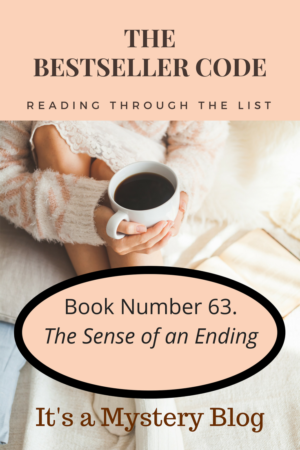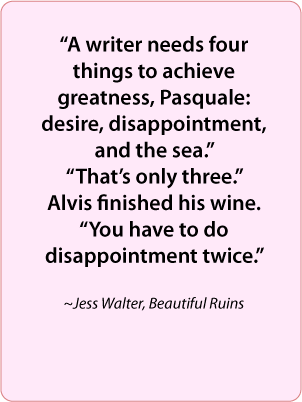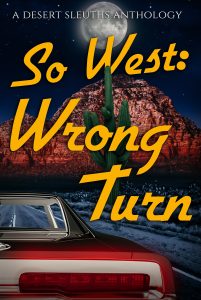The Choice by Nicholas Sparks is next up on our 100 Bestsellers List reading challenge. Gabby moves to small town Beaufort, North Carolina, to be nearer her long-time boyfriend and hopefully soon-to-be fiancé. She just happens to buy the house next door to a good-looking, adventurous, and fun-loving confirmed bachelor, Travis. A series of mishaps and misunderstandings (typical romance novel set-ups) brings these two together and sparks fly (or we’re expected to believe sparks fly). Can you tell I wasn’t buying it?
This post contains spoilers.
The Choice* by Nicholas Sparks
(*Amazon Affiliate link)
A Tale of Two Romances
It was the best of times, it was the worst of times…
Charles Dickens
Charles Dickens wasn’t referring to our last two romance novels, but that’s how I felt after reading Me Before You and The Choice back to back. Me Before You gave the reader the best that romance novels can offer and The Choice gave the worst. Me Before You created memorable and believable characters; The Choice offered two clichéd main characters and a supporting cast that we barely got to know. The plot of Me Before You presented each of the main characters with life choices to make and allowed them come to realistic decisions; The Choice had a Hollywood-scripted plot and the pro forma happy (unrealistic) ending. Me Before You gave me renewed hope that romance novels were worth reading; The Choice only reinforced my previous belief that romance novels aren’t worth my time.
The Choice
This novel is split into two parts. Part One presents Gabby’s dilemma: will she listen to her head and stay with her long-time boyfriend whom she expects to marry or will she listen to her heart and build a life with her neighbor Travis, who has turned her life upside down in a whirlwind romantic weekend. But as Roberta writes in her Writer’s Review, due to the prologue, we already know which choice she makes, so there’s no suspense and no emotional investment by the reader.
Part Two presents the Real Choice of the novel: will Travis follow his head regarding Gabby’s specific instructions concerning her present medical situation (a long-term coma) or will he follow his heart. I found Part Two to be even more clichéd and unbelievable than Part One, if that is possible. Where Gabby was too much in her own head in Part One, dithering back and forth between her choices, in Part Two it is Travis’s turn to bore the reader as we are forced to listen to his feelings of guilt over the accident that caused Gabby’s coma and his anguish about the resultant choice he must make. Truthfully, by then, I ceased to care. I won’t even go into just how unbelievable Gabby’s remarkable recovery was from her long-term coma – it was the expected happily-ever-after ending, but totally unrealistic.
The Right Choice
If you want a feel-good, tear-jerker, realistic romance novel to read this summer and you have two choices on the shelf, Me Before You by JoJo Moyes or The Choice by Nicholas Sparks, do yourself a favor and spend your money on Me Before You. You won’t be disappointed.
Have you read The Choice by Nicholas Sparks? We’d love to hear your thoughts.
Related posts:
- Book-beginnings, a discussion of the first line of the novel
- Karen’s review from a reader’s perspective
- Roberta’s review from a writer’s perspective
You can also join us on social media:
- The Bestseller Code 100 Pinterest Page
- Twitter: #BestsellerCode100
- Facebook: Bestseller Code 100 Reading Group
- The full list is now posted on GoodReads
__________________
What are we reading next?
If you ever have questions about what we are reading next or when we’re starting the next discussion, check the 100 Book List tab in the navigation bar at the top of the blog. Links in the list go to the landing page from this blog where the discussion starts. However, this is an open-ended challenge so feel free to jump in with any of the books at any time.
The next book is number 60. In the Woods by Tana French (2007) – Discussion begins May 14, 2018
Mystery

















